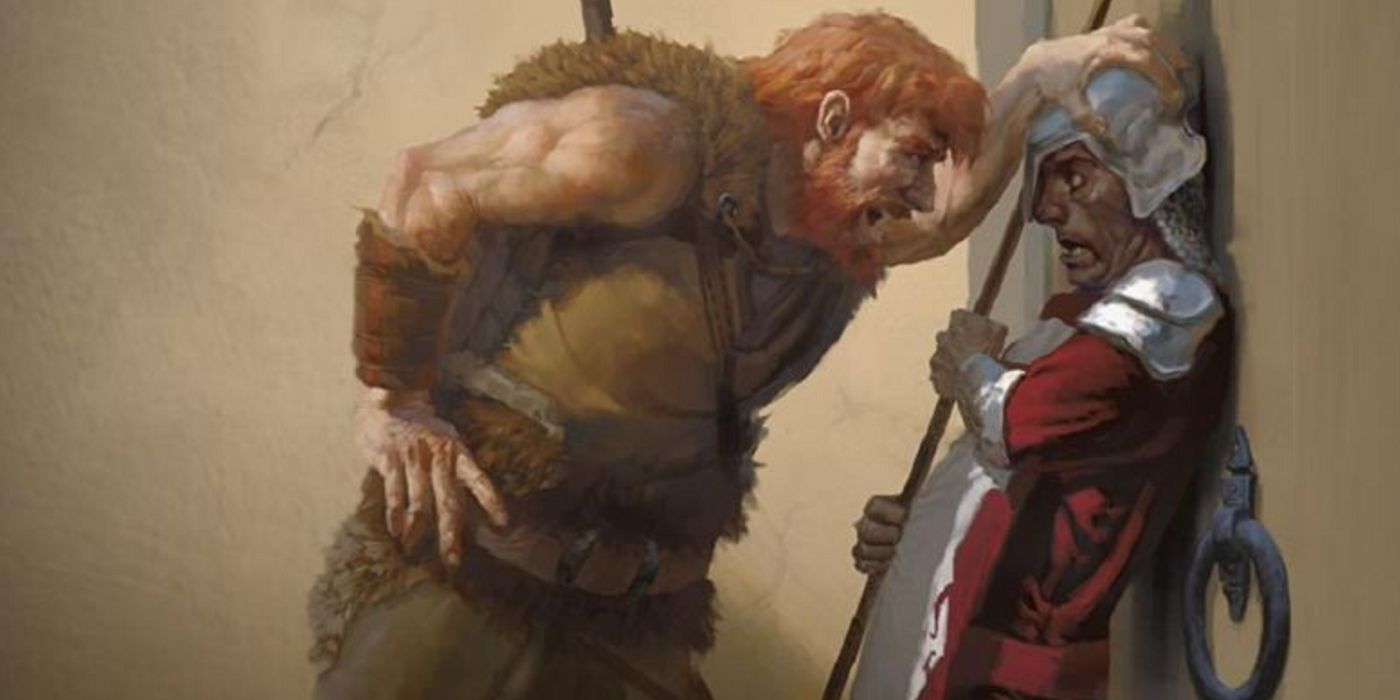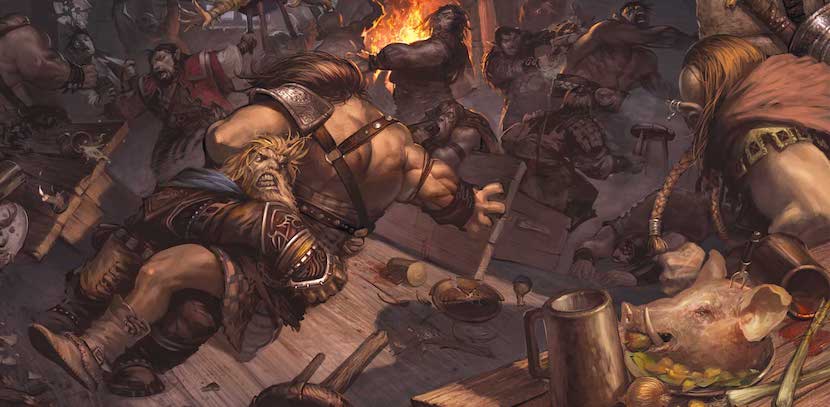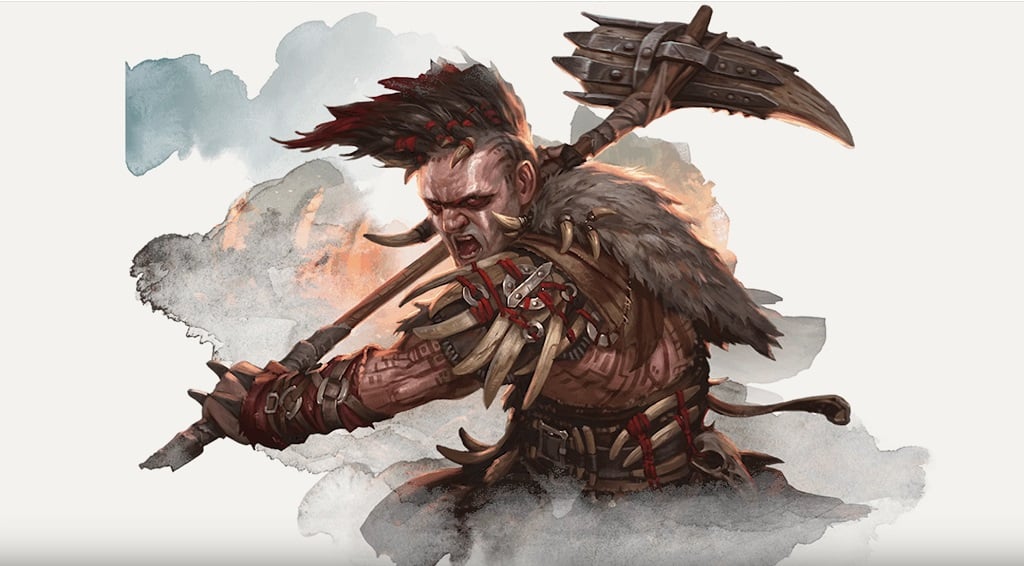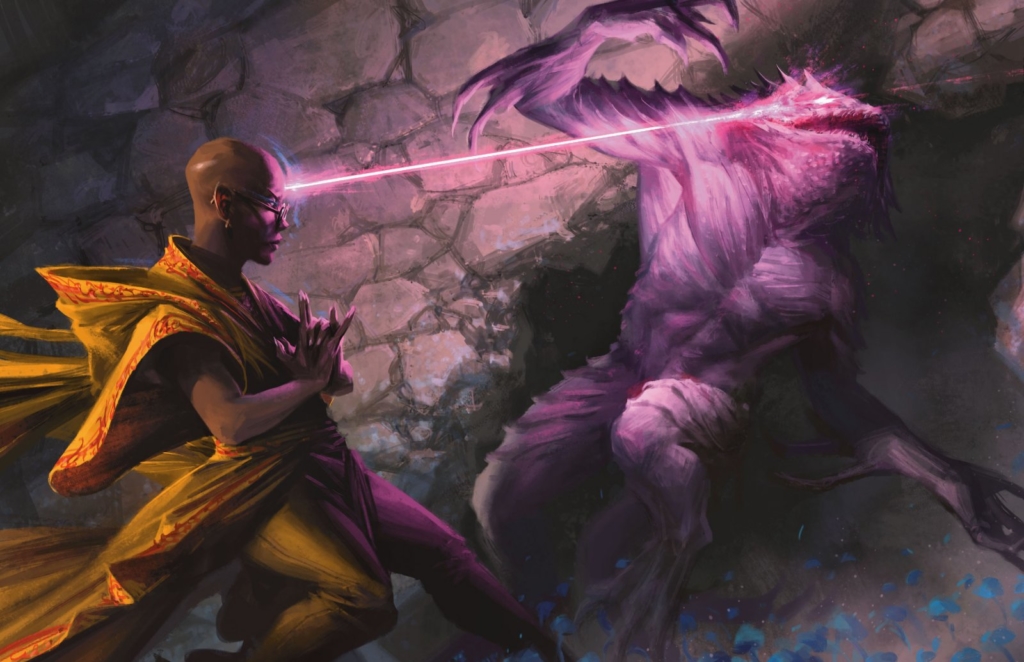‘One D&D’ Playtest’s New Core Rules Changes: Grappling is Way Different Now


The latest One D&D Paladin and Druid packet has some surprising changes to how grappling works, among other things.
In the most recent One D&D playtest rules, we got a look at a new Druid and Paladin. But alongside those were some big changes to the core rules, including changes to how both grappling and knocking a creature out work. Alongside these changes, some new Epic Boons.
One D&D’s shape hasn’t really gelled yet. But the Core Rules are coming along steadily. Alongside rules for new Unarmed Strike options, you’ll find rules for knocking a creature out, and a new entry for Telepathy. Let’s take a look!
One D&D Core Rules Changes in Paladin and Druid Playtest
Let’s start with grappling. Now you might think that you could find the changes outlined in the new entry for “Grappled” in the rules text. And you’d be partially right. But the biggest changes actually come in the new rules for Unarmed Strikes.
The new Unarmed Strike mechanics give you the option to deal damage by making an attack as normal. However, the two other options, Grapple and Shove work a bit differently. In 5E, these both require an attack roll. But One D&D’s rules are different.
Instead of making an attack roll to hit an enemy’s armor class, the target of your Grapple or Shove attempt makes a Strength or Dexterity save. If they fail, they take the effects of the attack. In the case of Shove they’re pushed or knocked prone. And Grappled creatures gain all the effects of the condition, which means they can be moved, they can try and escape but only as an action, and so on.
Another big change is in the rules for knocking a creature out. Which works very simply. The attacker decides that when an attack would reduce a creature to 0 hit points with a melee attack, they can instead reduce the creature to 1 hit point. The affected creature is then Unconscious and immediately starts taking a Short Rest. It stays unconscious until it regains hit points or someone administers first aid via a Medicine check.
I know many a DM who will balk at the fact that players can now decide after the fact that they’ve knocked out a creature. No penalty for dealing nonlethal damage. No consideration beforehand. It’s just a decision you make the moment you drop a creature. So now you never have to kill someone in One D&D unless you want to. Or are attacking with something other than a melee attack. Ranged attacks need not apply. But even melee spells that do attacks can render a creature unconscious now.
A few other changes dot the core rules. All telepathy is now a two-way street. Once a telepath establishes a connection, the two creatures can send and receive messages until the creature with telepathy decides to contact someone else or one of the creatures moves out of range of the telepathy.
Short Rests are clearly defined, and the only big difference is that casting a spell other than a cantrip or the mere act of rolling initiative or taking damage interrupts them now. Which means no more “short rest healing spells” like Prayer of Healing.
But that’s probably fine. You’d cast it and then start the Short Rest.
We get one last tease for the next set, which will focus on Warrior classes. This will introduce new weapon options that will more clearly differentiate weapons from one another. Per the rules text, a shortsword and a scimitar will be meaningfully different. We’ll see just how different in a couple of months.
Happy Adventuring








